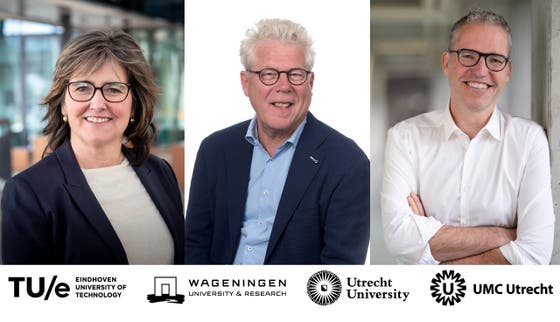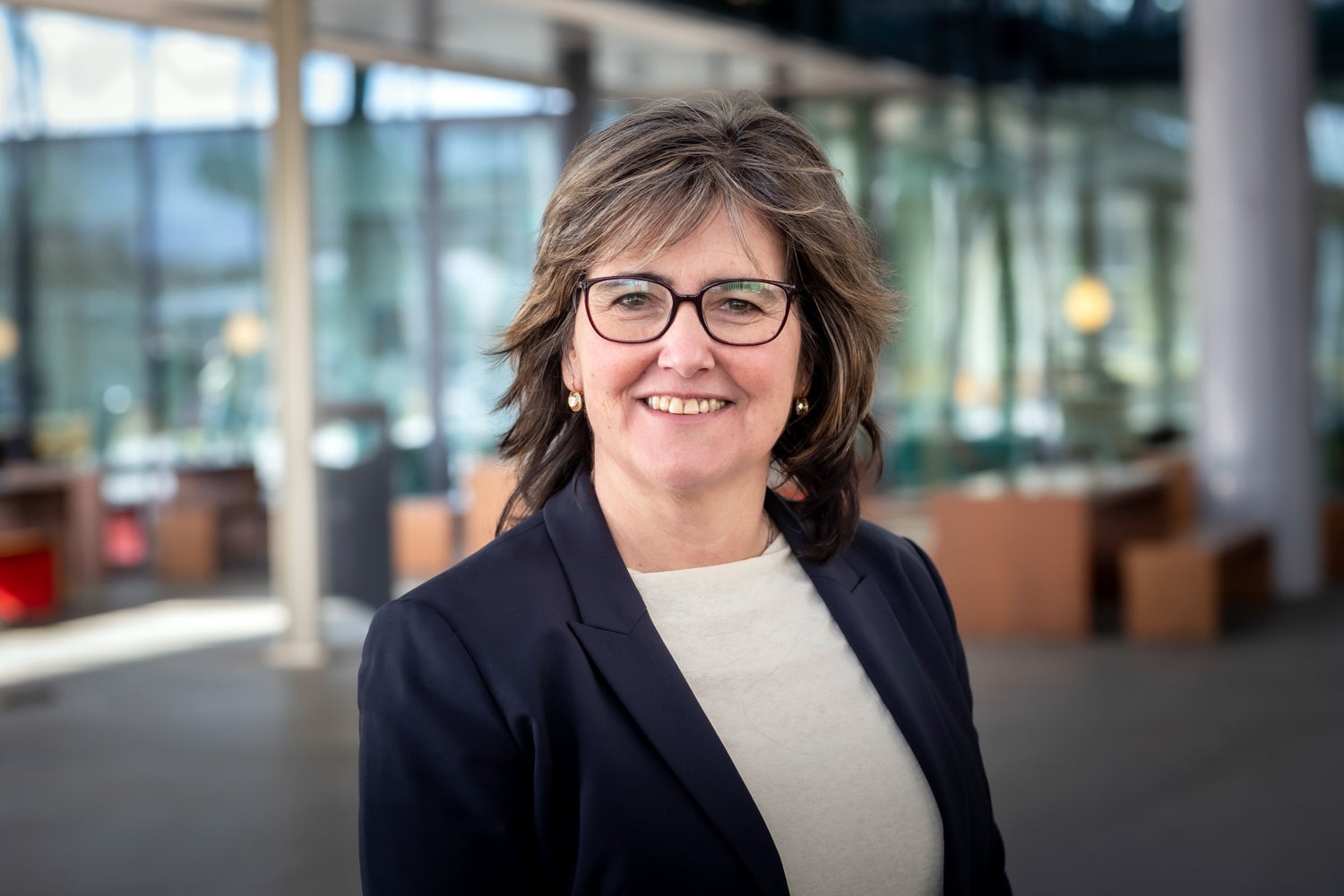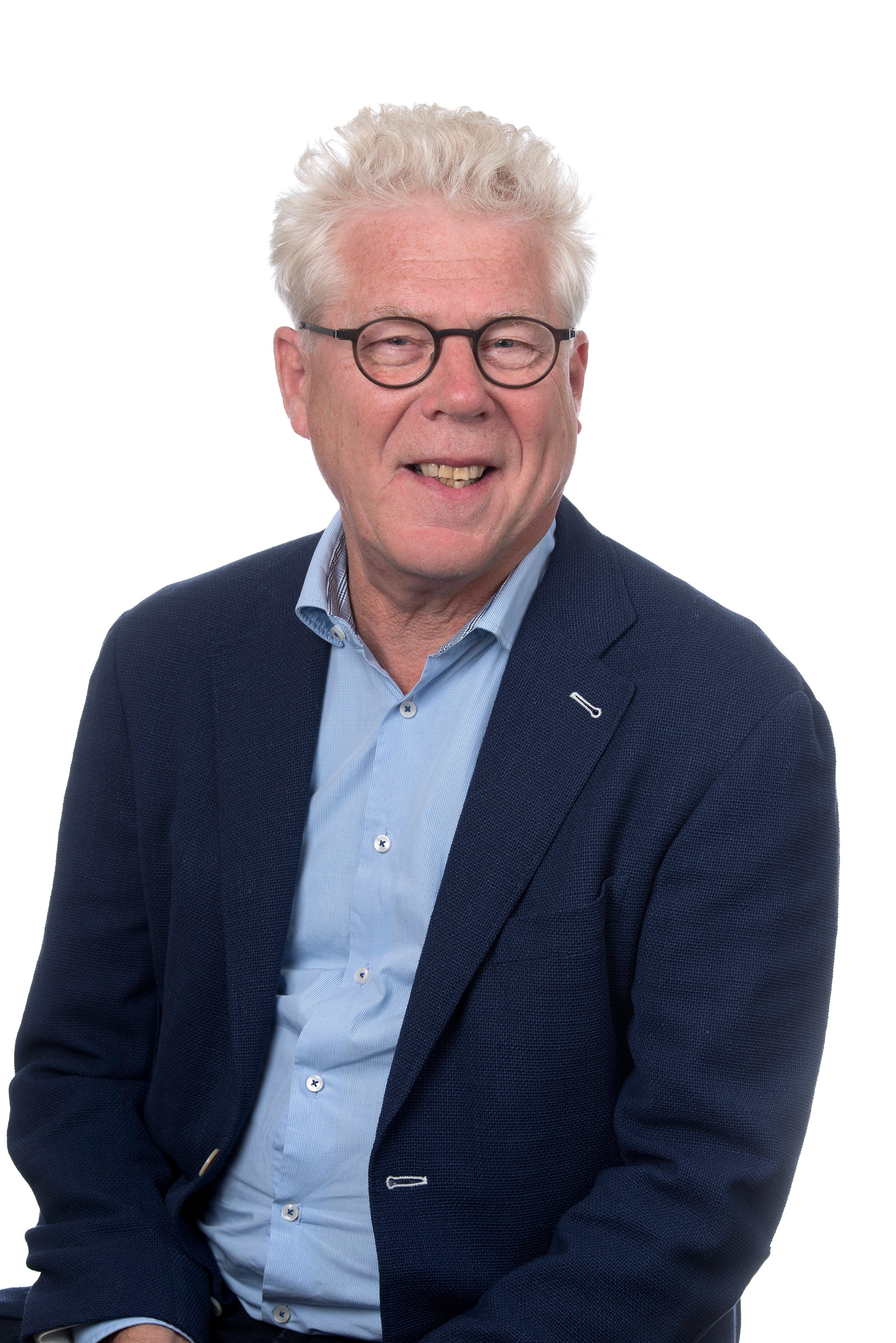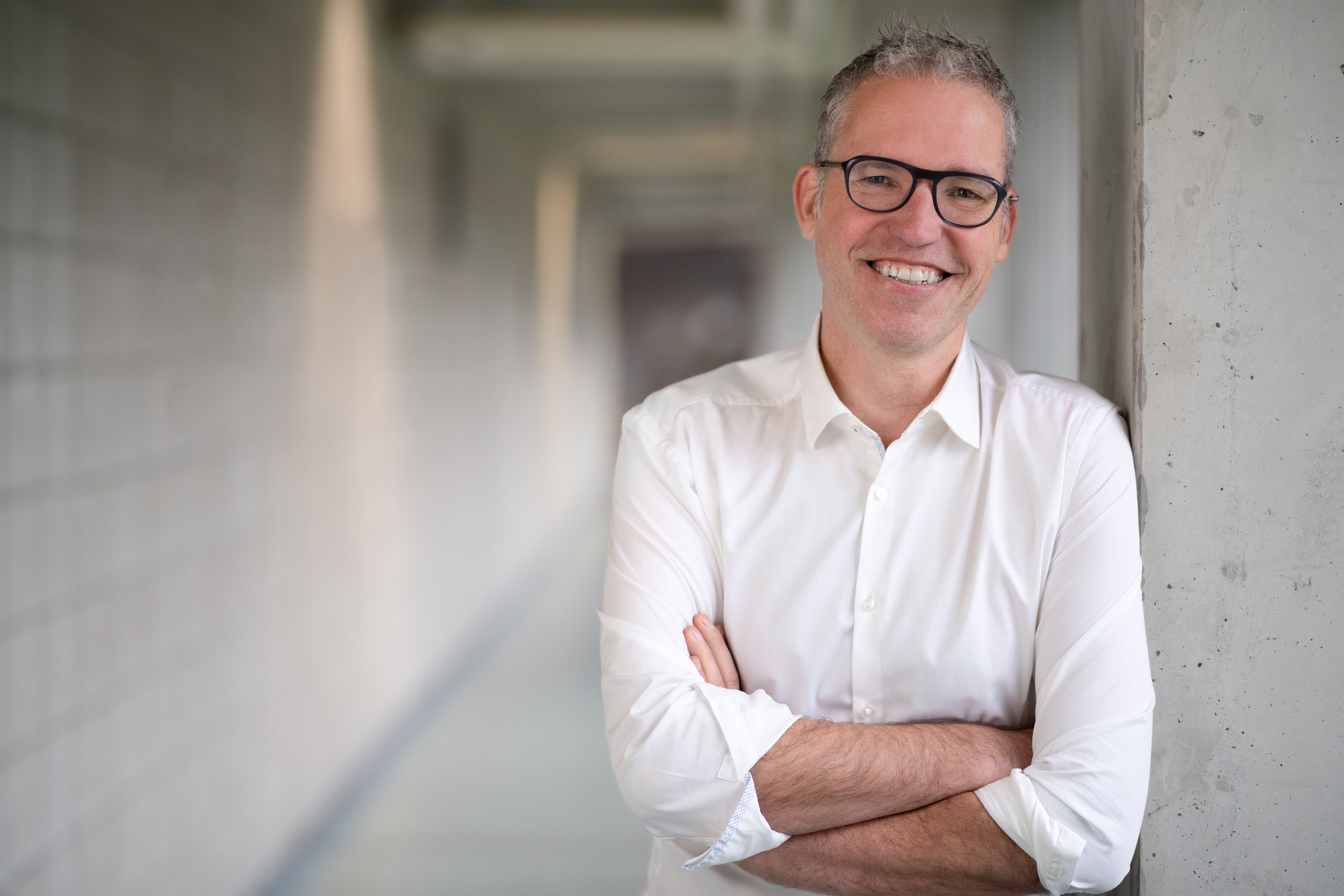Appointment of Scientific Directors and Director EWUU Education to strengthen the alliance between Eindhoven, Wageningen and Utrecht

The alliance of TU/e, WUR, UU, and UMC Utrecht (EWUU) has appointed two Scientific Directors and a Director EWUU Education to strengthen the collaboration between the four institutes in Eindhoven, Wageningen and Utrecht. They are appointed on the alliance’s main focus areas by the EWUU board. Prof. dr. Ines Lopez Arteaga works as a professor at TU/e and is responsible for the alliance’s education ambitions. Prof. dr. ir. Huub Rijnaarts is a professor in Wageningen and leads the EWUU focus area of Circular Society. Prof. dr. Roel Vermeulen is a professor in Utrecht and guides the EWUU alliance’s ambitions in the area of Preventive Health.
The strategic alliance between TU/e, WUR, UU and UMC Utrecht was formed in 2019, and has experienced rapid growth since then. Almost 80 interdisciplinary research projects have been set up, with 400 researchers from the four institutions. At least nine inter-university challenges have been organised for both Master’s and Bachelor’s students. Next to this all students have the opportunity to easily enrol in courses provided by the partner institutions. An overview of various projects and activities can be found in the EWUU Highlight Report.
To continue this pace of growth, the EWUU alliance has appointed two Scientific Directors and a Director EWUU Education for the alliance’s three main focus areas, Preventive health, Circular Society and Education. With these appointments, they will also take on the role of EWUU professor, and serve as ambassadors for the partnership. They will play a crucial role in tying the various institutions and disciplines together, with the goal of contributing to solving urgent problems society faces today.
_______________________
Prof. dr. Ines Lopez Arteaga is a Professor Acoustics and Noise Control at the Mechanical Engineering Department at Eindhoven University of Technology (TU/e), Dean of the Bachelor College TU/e, Chairman of the TU/e Board of Education. She is also Professor of Engineering Acoustics at KTH Royal Institute of Technology in Stockholm, Sweden. Ines has great expertise in educational governance, development and innovation, and directs TU/e-wide developments such as the revision of the Bachelor Programmes, educational digitisation and educational innovation programmes in the field of blended learning and challenge-based education. Ines has been affiliated with the EWUU alliance’s Education Programme since 2019, and has been appointed as Director EWUU Education.

“Society is facing unprecedented challenges – social, economic and environmental – driven by accelerating globalisation, a faster pace of technological advancements and an overwhelming influx of scientific knowledge. There is a demand for professionals who possess the ability
to address such complex and dynamic challenges by transcending disciplinary boundaries. EWUU education is characterised by transdisciplinarity and innovation, and is aimed at equipping all learners -including the institutions own employees- with future-oriented skills.”
________________________________
Prof. dr. ir. Huub Rijnaarts is Professor Environment and Water Technology at Environmental Technology of Wageningen University & Research. He is also Principal Investigator at the Institute for Advanced Metropolitan Solutions (AMS). His research focuses on circular water, waste and energy solutions for urban and (agro)industrial systems. He leads several research projects focused on water technology, resource recovery, creating resilient cities and sustainable industries in balance with the rural environment. Huub has been involved in the Circular Society programme of the EWUU alliance since 2020. The programme has two research themes: urban-rural circularity en circular safe hospitals. Huub has been appointed EWUU Scientific Director Circular Society.

“The four partners in the EWUU alliance work together to accelerate the transition to a circular society. The world’s current patterns of production and consumption exacerbate resource depletion, climate change, environmental pollution, and biodiversity loss, in addition to fostering geopolitical dependence and social inequality. The urgency of transitioning from a linear to a sustainable circular society cannot be overstated. Interdisciplinary science plays a crucial role in developing socio-technological innovations and independent knowledge about the complex behavioural and systemic changes necessary to accelerate that transition. Stakeholders from cities and industry, agriculture and nature, and healthcare will be intensively involved in order to contribute to the acceleration of energy and resource transitions in their sectors.”
Prof. dr. Roel Vermeulen is Professor of Environmental Epidemiology and Exposome Science at Utrecht University and Director of the Institute for Risk Assessment Sciences (IRAS) at Utrecht University and UMC Utrecht. He also serves as an Adjunct Professor at UMC Utrecht. His scientific research focuses on the environmental risk factors for health: what we eat, the air we breathe, our social interactions and lifestyle choices like smoking or exercise. Roel has been affiliated with the EWUU alliance’s Preventive Health programme since 2021, and has been appointed as EWUU Scientific Director for Preventive Health.

“TU/e, WUR, UU and UMC Utrecht use a multi-disciplinary approach to work together on solutions for preventive health. The pressure on healthcare is one of the biggest societal challenges we face. Costs are soaring and soon it will require one in four people to work in healthcare to continue to provide quality care. Life expectancy has increased tremendously due to developments, vaccinations, improved hygiene and increased prosperity for example. The question now arises: how to address diseases of affluence effectively, such as obesity? There is much to be gained by concentrating more on prevention. But preventive measures will only have an effect if you intervene on multiple fronts simultaneously. So we desperately need to look at the entire system and work together from a variety of disciplines.”
